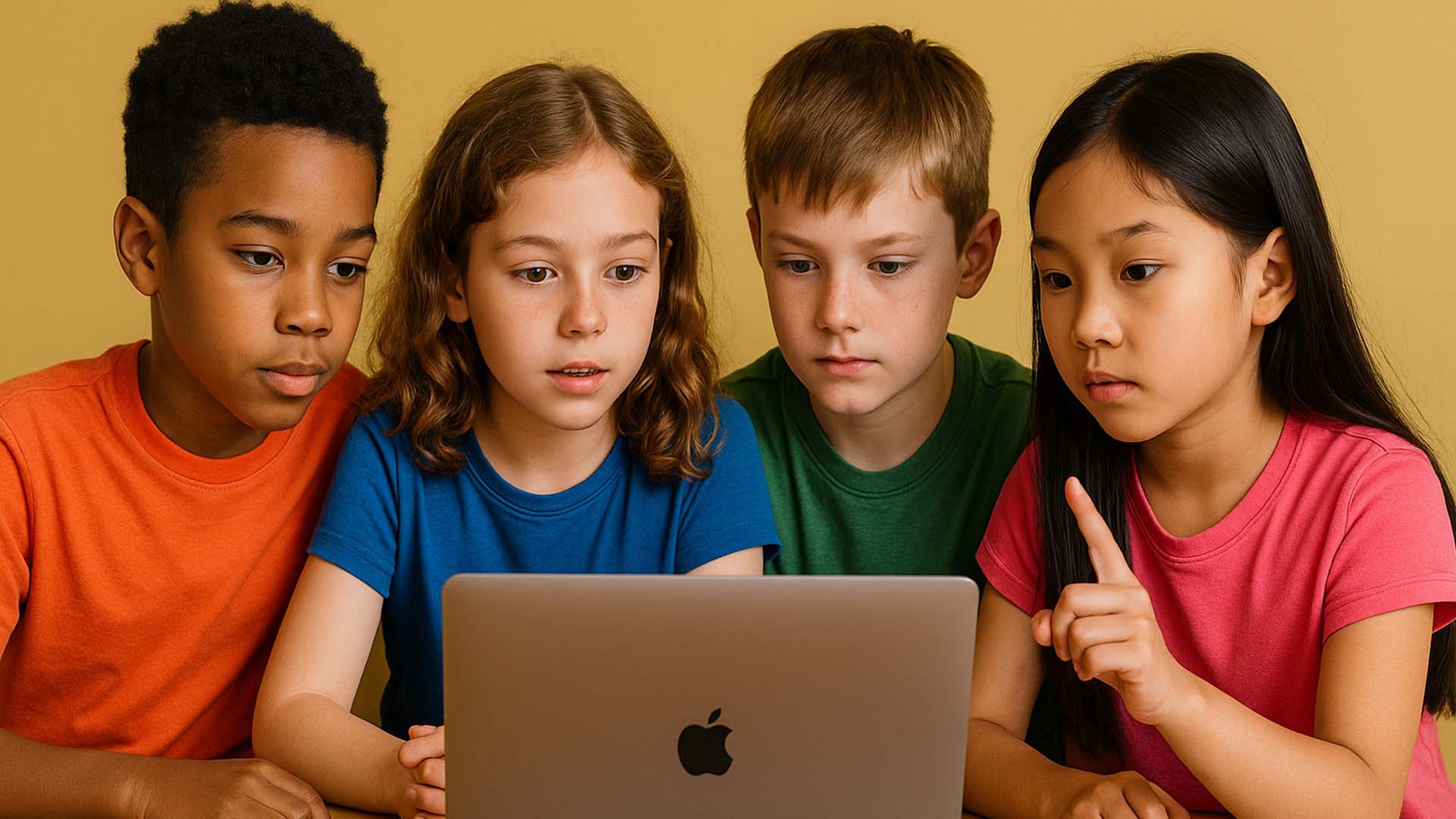The internet is like a giant playground, full of amazing games, fun videos, and cool things to learn! But just like any playground, there are rules to follow to stay safe and have the best time. Understanding how to be smart and careful online is super important for every kid. This guide will help you learn how to protect your privacy, recognize tricky situations, and be a kind digital citizen. Let’s get ready to explore the internet safely and confidently!
Why is Online Safety So Important?
The internet connects us to people and information from all over the world. It’s a fantastic tool for learning, playing, and communicating. However, it also comes with certain risks.
Without proper knowledge and precautions, children can encounter cyberbullying, inappropriate content, or even online predators. Learning about online safety empowers kids to navigate the digital world responsibly and avoid potential dangers [1].
Key Rules for Staying Safe Online
Here are some important rules to remember when you’re online:
- Keep Your Privacy by never giving out personal information like your full name, home address, school name, or phone number to strangers online. If a website or app asks for this information, always ask a parent or trusted adult first [1].
- Guard Your Passwords as they are like secret keys to your online accounts. Don’t share them with anyone except your parents, because if someone else has your password, they can pretend to be you online [1].
- Stick to Safer Sites; your parents and teachers can help you find the best and safest websites and apps for you. Some sites have age restrictions, and it’s always best to follow them [1].
- Don’t Talk to Strangers online; it might seem fun to make new friends, but it’s dangerous to communicate with people you don’t know in real life. Never agree to meet an online friend in person without your parents’ permission and supervision [1].
- Be Kind Online; just like in real life, it’s important to be respectful and kind to others online. Cyberbullying is never okay. If you wouldn’t say something to someone’s face, don’t say it online [1].
- Tell a Trusted Adult if anything online makes you feel uncomfortable, scared, or confused, tell a parent, teacher, or another trusted adult right away. They can help you figure out what to do [1].
- Think Before You Click; be careful about clicking on links or downloading things from unknown sources, as they could lead to harmful websites or download viruses onto your computer [2]. Finally, remember that
- What You Post Stays Forever; anything you put online, even if you try to delete it, can stay there forever. Think carefully before sharing photos or comments [1].
Tips for Parents and Guardians
Parents play a crucial role in ensuring their children’s online safety. Here are some tips:
- Open Communication by creating an open environment where children feel comfortable discussing their online experiences and concerns without fear of punishment [3].
- Set Clear Rules and boundaries for internet usage, including screen time limits, acceptable websites, and what information can be shared online [3].
- Use Technology to Protect by utilizing parental control software, privacy settings on devices and apps, and secure Wi-Fi networks [3].
- Monitor Activity to be aware of what your child is doing online, including the websites they visit and the apps they use [2]. Lastly,
- Co-view and Engage by spending time online with your children, exploring websites and playing games together. This helps you understand their digital world and model good online behavior [3].
Q&A: Your Questions About Online Safety Answered!
Q1: What should I do if someone online asks for my personal information?
A1: Never give out your personal information. Tell a parent or trusted adult immediately. They can help you report the person and ensure your safety.
Q2: How can I tell if a website is safe for kids?
A2: Look for websites recommended by parents, teachers, or reputable organizations. Check for privacy policies and secure connections (look for “https” in the web address). If you’re unsure, always ask an adult.
Q3: What is cyberbullying and what should I do if I experience it?
A3: Cyberbullying is when someone uses the internet or technology to be mean or hurtful to others. If you are cyberbullied, do not respond. Save the evidence (screenshots), block the person, and tell a trusted adult immediately. They can help you report it and get support.
Sources
- Online Safety (for Kids) | Nemours KidsHealth
- Keeping Children Safe Online
- How to keep your child safe online








0 Comments